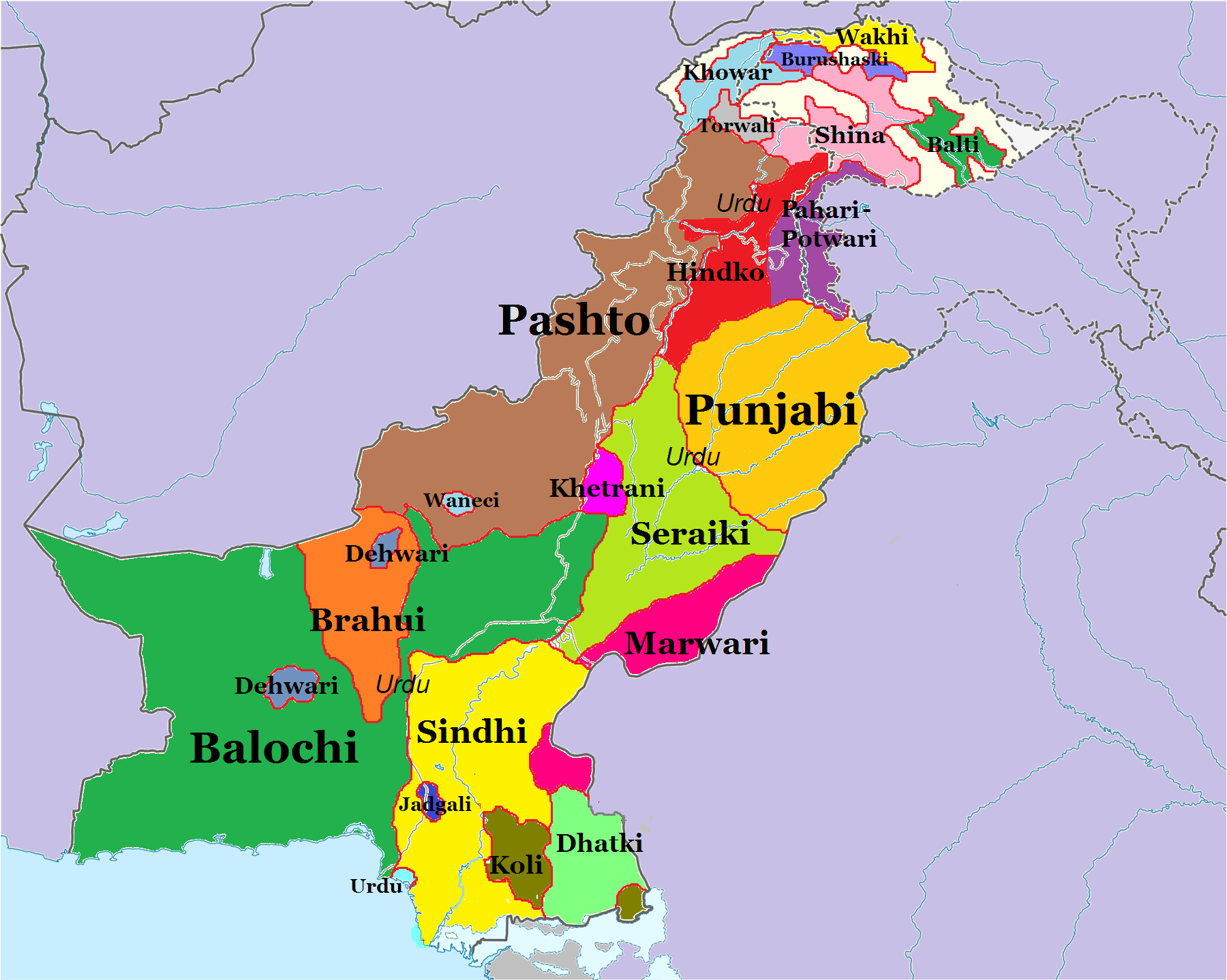Transgender representation
For the first time, transsexual people would be counted separately, according to representatives of this historically recognised but often persecuted community in Pakistan.
The forms had been printed well in advance of court decisions to include them in the count. Now enumerators have been informed that those surveyed will have three numeric choices for their gender: 1 for men, 2 for women, 3 for those who declare themselves transsexuals.
Only nine languages
Language is considered an essential tool in evaluating the makeup of multi-ethnic Pakistan but only nine of the country's estimated 70 will be listed, to the dismay of many communities.
No regional languages from the sparsely populated Gilgit-Baltistan will be included nor will Gujrati spoken by some Muslim immigrants from India who believe the lack of recognition will drive their mother-tongue towards oblivion.
Faith
The census will provide an insight into the true number of religious minorities, especially Christians and Hindus.
Estimates are approximate and disputed, ranging from 2 to 10 million for the former and 2.5 to 4.5 million for the latter.
Citizens can declare themselves Muslim, Christian, Hindu or Ahmadi a branch of Islam considered heretic by the state.
Otherwise, they can be ‘members of scheduled castes’ members of marginalised Hindu families, or ‘other’. There are no separate options for Sikhs, Parsis or Baha'i.
Sanitary issues
One box asks households how many toilets they have a particularly salient question in Pakistan, where the United Nations estimates up to 40 percent of people defecate in the open air with dramatic health consequences, especially for children.
Nationality
The census gives two nationality options: Pakistani or foreign.
But the army, which would conduct a parallel count, plans to be more precise mainly because of the country's Afghan refugees who are accused of everything from terrorism to human trafficking.
Many local officials fear Afghans could be counted as local and skew demography in favour of ethnic Pashtuns, whose political parties would benefit as a result.
On the other hand, the estimated six million Pakistanis working abroad will not be counted.
No information will be collected on internal migration necessary to assess the political weight of a province where many people have moved for economic reasons.
This information would be the subject of a separate subsequent survey based on a large sample of the population, according to authorities.











